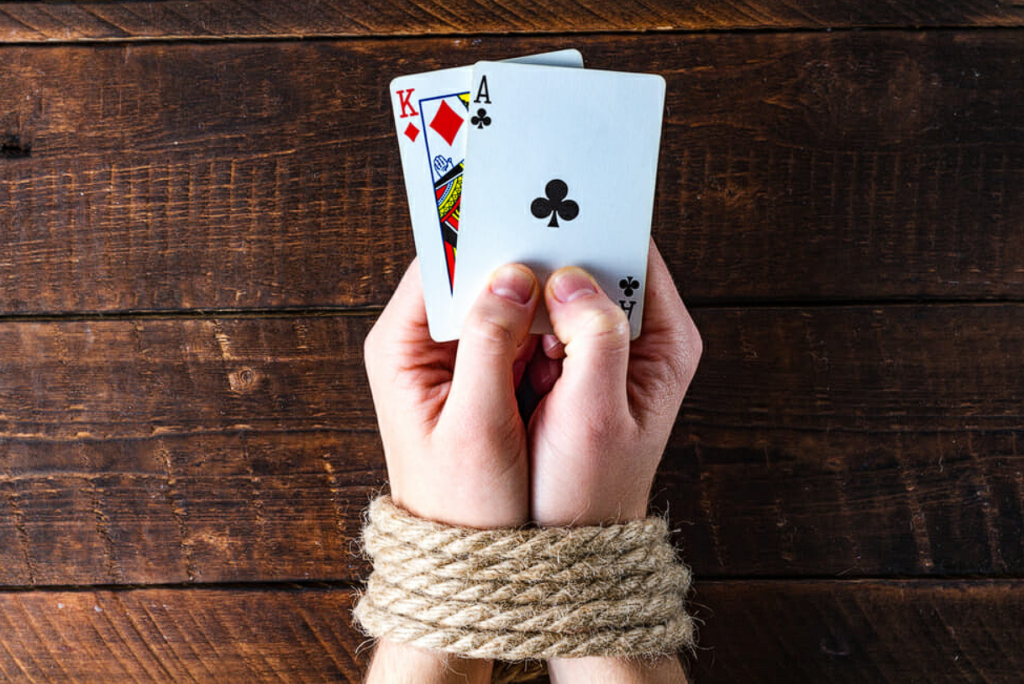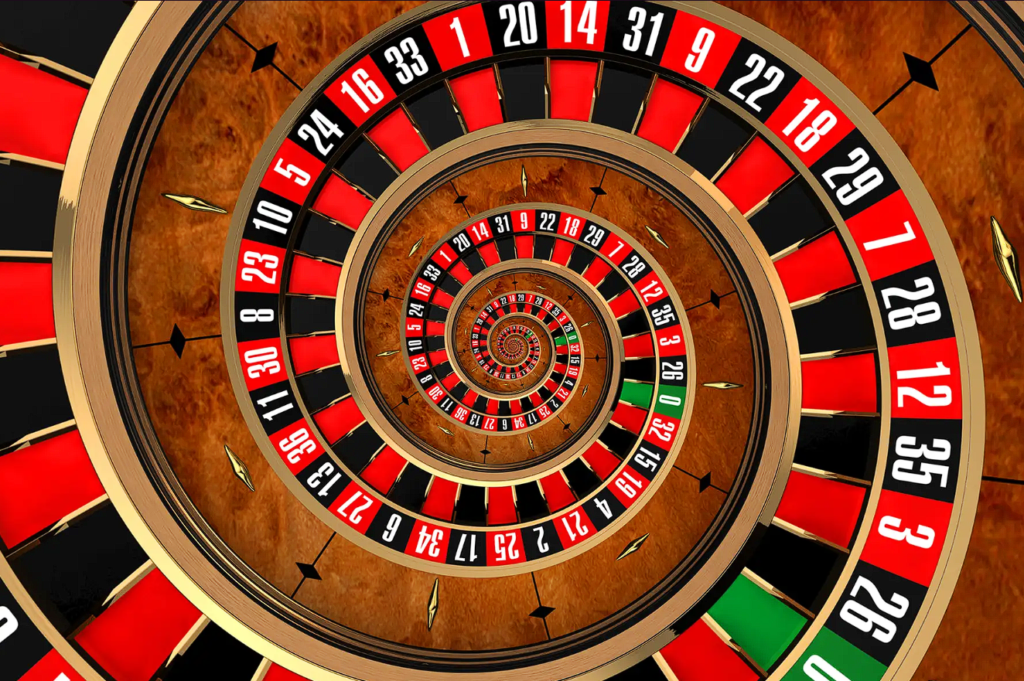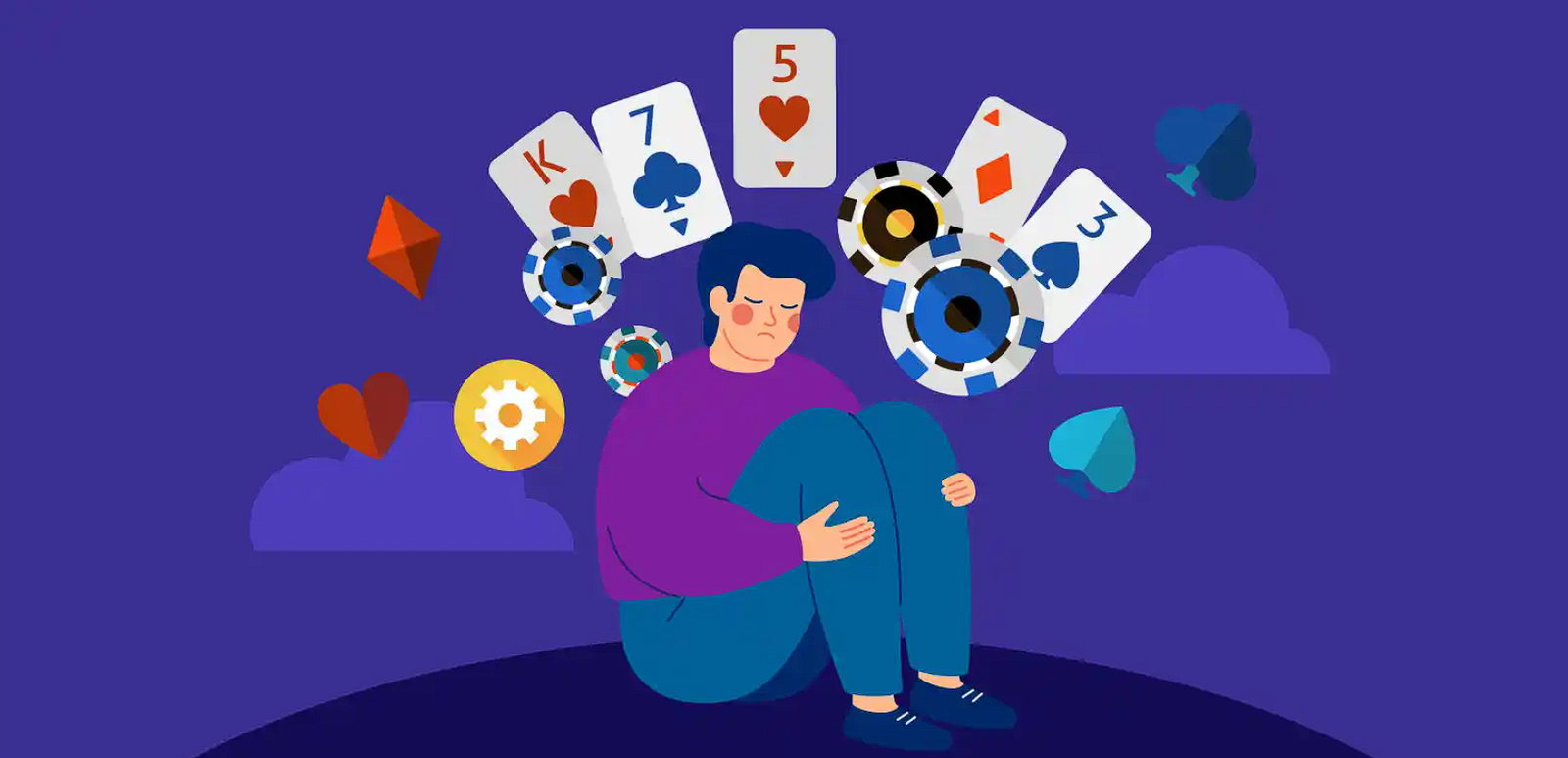Gambling addiction is a pervasive issue that affects individuals globally, causing significant personal, financial, and emotional turmoil. Understanding the complexities of gambling addiction, identifying its signs, and implementing effective prevention and treatment strategies are crucial steps in addressing this challenging issue.

(https://raylozano.com/what-exactly-is-a-gambling-addiction/)
1. Signs and Symptoms of Gambling Addiction
Recognizing the signs of gambling addiction is vital for early intervention and support. These signs may vary but often include:
- Preoccupation with Gambling: Constantly thinking about gambling, planning the next bet, or reliving past gambling experiences.
- Loss of Control: Inability to stop gambling despite repeated attempts to cut back or quit.
- Chasing Losses: Continually gambling to recover previous losses, leading to further financial problems.
- Neglecting Responsibilities: Prioritizing gambling over work, school, or family obligations.
- Lying and Secrecy: Hiding gambling activities and lying about the extent of involvement to loved ones.
2. Understanding the Nature of Gambling Addiction
Gambling addiction, also known as compulsive gambling or pathological gambling, is categorized as an impulse-control disorder. It involves the inability to resist the urge to gamble, despite the negative consequences it brings. The addiction is often fueled by the thrill of risk-taking and the psychological highs associated with winning.
Factors Contributing to Gambling Addiction
The development of gambling addiction is influenced by various factors:
- Biological Factors: Genetic predispositions and neurochemical imbalances in the brain can contribute to addictive behaviors.
- Psychological Factors: Using gambling as a coping mechanism for stress, depression, anxiety, or trauma.
- Social Influences: Peer pressure, cultural acceptance of gambling, and exposure to gambling environments.
- Personal Circumstances: Financial instability, lack of social support, or a history of substance abuse can exacerbate gambling behaviors.
3. Preventing and Managing Gambling Addiction
Preventing gambling addiction requires a proactive approach involving individual strategies and broader societal measures:
Individual Prevention Strategies
- Setting Limits: Establishing strict limits on time and money spent on gambling activities can prevent excessive losses.
- Educating Oneself: Understanding the odds, risks, and potential consequences of gambling can deter impulsive behaviors.
- Engaging in Alternative Activities: Participating in hobbies, sports, or social activities that do not involve gambling can provide healthy outlets for stress relief and recreation.
- Building Support Networks: Surrounding oneself with supportive friends, family members, or counselors who can offer encouragement and guidance.
Societal and Regulatory Measures
- Implementing Responsible Gambling Practices: Enforcing age restrictions, self-exclusion programs, and responsible gambling campaigns can promote safer gambling environments.
- Raising Public Awareness: Educating the public about the signs of gambling addiction, available support services, and responsible gambling practices can encourage early intervention.
- Support Services: Funding and promoting access to counseling, therapy, and support groups for individuals struggling with gambling addiction.
4. Resources for Support and Recovery
For individuals seeking assistance with gambling addiction, numerous resources and support services are available:
- Professional Counseling and Therapy: Licensed counselors and therapists specializing in addiction treatment can provide personalized assessments and therapeutic interventions.
- Support Groups: Organizations such as Gamblers Anonymous offer peer support, shared experiences, and strategies for recovery in a confidential and supportive environment.
- Helplines and Hotlines: Many regions provide dedicated helplines staffed by trained professionals who offer confidential support, information, and referrals to local treatment providers.
5. Recovery Stories and Inspirations
Real-life stories of individuals who have successfully overcome gambling addiction can provide hope and motivation to those currently struggling. These stories often highlight the challenges faced, the strategies and resources utilized for recovery, and the positive outcomes achieved through perseverance and support.

(https://atlanticbehavioralhealth.com/what-causes-gambling-addiction-identifying-the-triggers/)
Conclusion
In conclusion, gambling addiction is a complex issue with profound impacts on individuals, families, and communities. By increasing awareness of the signs and risks associated with gambling addiction, promoting responsible gambling practices, and supporting individuals in seeking help, we can work towards reducing its prevalence and mitigating its adverse effects.




Leave a Reply